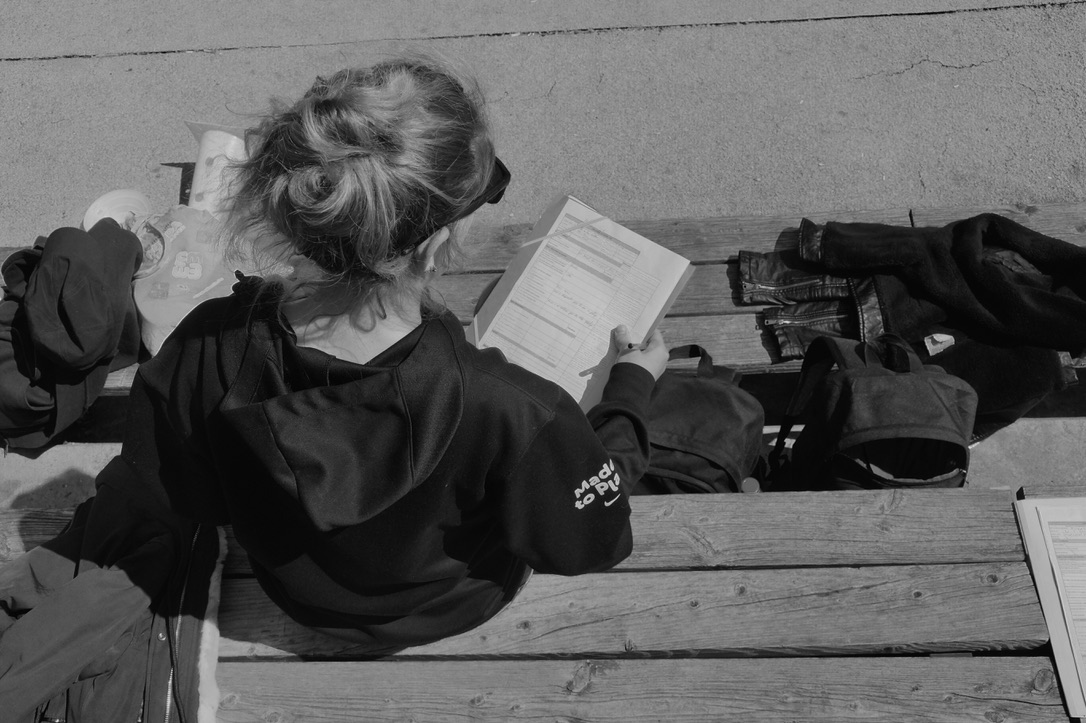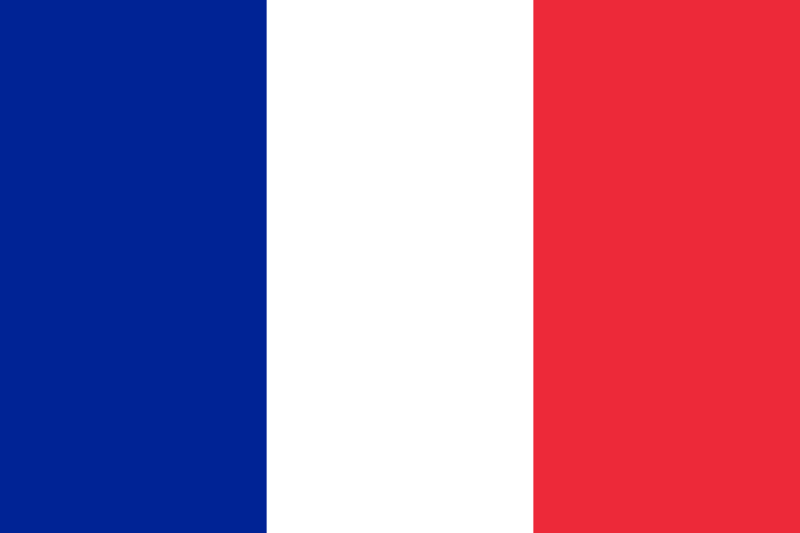BACK ON THE PROGRAM'S 3RD YEAR
Last feedback on the European programme for the social inclusion of refugees and asylum seekers through sport. During the last year of the programme, the Playlab challenged, tested, and accelerated on a European scale its pilot projects developed previously!

CHALLENGING
In February 2022, PLAY organised a webinar with nearly twenty actors from different European structures with various expertises: from those anchored in numerous networks such as Sport et Citoyenneté (Belgium) to sports clubs such as Liberi Nantes (Italy) and associations using sport as a tool for social inclusion such as Kcken Ohne Grenzen (Austria) and Futbol Mas (Spain).
Three main themes were discussed:
- to bring out good practices concerning the accompaniment of a mixed group of young adults in a sports project with the aim of social inclusion;
- to discuss obstacles and solutions to the animation of a space of meetings and exchanges to favour a collective dynamic in the field of social inclusion of refugees through sport;
- to challenge the adaptation to the European realities of the sports and educational kits co-created by the PLAY teams to better equip the actors in the field.
This meeting was closed by the intervention of Nick Sore, main coordinator of sport for refugees at the @UNHCR in Geneva. He took time to talk about his team's different actions and their ambition to promote the actions of organisations on the ground.
MODELLING
The meeting encouraged exchanges in order to rethink and enrich the socio-sports kits in relation to the different local and regional realities that exist in Europe. This stage was an opportunity to observe and test the co-created sessions in a completely different European context: in welcome and emergency centres for refugees and asylum seekers in Hungary, alongside the partner Oltalom Sport Association. Ten sessions were observed and rethought on this occasion; a debriefing time to review each game was organised with Frigyes, the sports coach who tested all the games.
In parallel, PLAY teams have also been to refugee reception centres, particularly in Ukraine, to run play sessions from the kits on several occasions. This helped to enrich some of the games without neglecting the importance of refugees' and asylum seekers' well-being and inclusion.
ACCELERATING
Following these multi-partner exchanges and on-site testing, PLAY team formalised its kits for dissemination in Europe. PLAY organised a training of trainers in July 2022, which welcomed 16 European structures from more than 10 different European countries. During these 3 days, the participants were able to learn and appropriate a range of methods and tools co-created by PLAY. The trainees were placed in the position of a trainer and a facilitator.
PLAY's pedagogical team accompanied all the trainees through collective follow-ups and through some individual follow-ups to provide feedback and answer questions while facilitating the implementation of training for new target groups. As part of this process, the PLAY Kosovo team, which was trained by PLAY pedagogical team, provided 2 training sessions for the People in Need teams (Slovakia); the Heron team also benefited from individualised follow-up and on-the-spot training by the PLAY teams to build and carry out its first training session.
Finally, the 3 educational and sport kits, each consisting of 5 game sessions, for children, families, and unaccompanied minors, are accompanied by a guide for facilitators and trainers to make it easier to use the sessions. These three kits are also translated in about ten European languages. There is also a methodological guide that includes good practices and tools to help structures develop sports projects for young adults; solutions and recommendations that have emerged from the network of actors involved in the social inclusion of refugees and asylum seekers; and tools to better understand the importance of psychosocial skills for well-being and inclusion.
All contents are freely available on PLAY International pedagogical media library (in French and English). All pedagogical contents are also available in Italian, Spanish, Polish, German, Hungarian, Greek, Ukrainian, Slovakian; contact lab@play-international.org if interested.
The programme co-funded by the European Commission ended in December 2022 but PLAY International's actions to promote social inclusion, physical and mental well-being of refugees and asylum seekers do not stop. It is possible, for example, to find the Terrains d'avenir actions that are currently taking place in France.
BRIEFLY, WHAT TO REMEMBER?

 FR
FR EN
EN